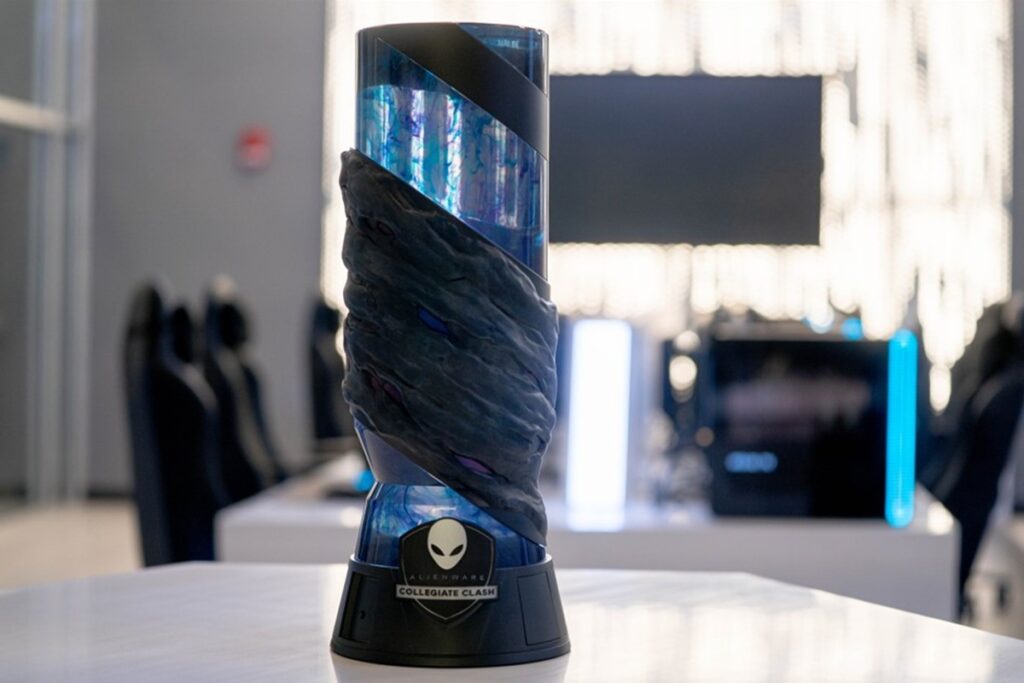Alienware Collegiate Clash kicks off Apex Legends championship showdown today


Alienware is going all in on collegiate esports with the inaugural Alienware Collegiate Clash (AWCC25), featuring Apex Legends.Read More


Alienware is going all in on collegiate esports with the inaugural Alienware Collegiate Clash (AWCC25), featuring Apex Legends.Read More
